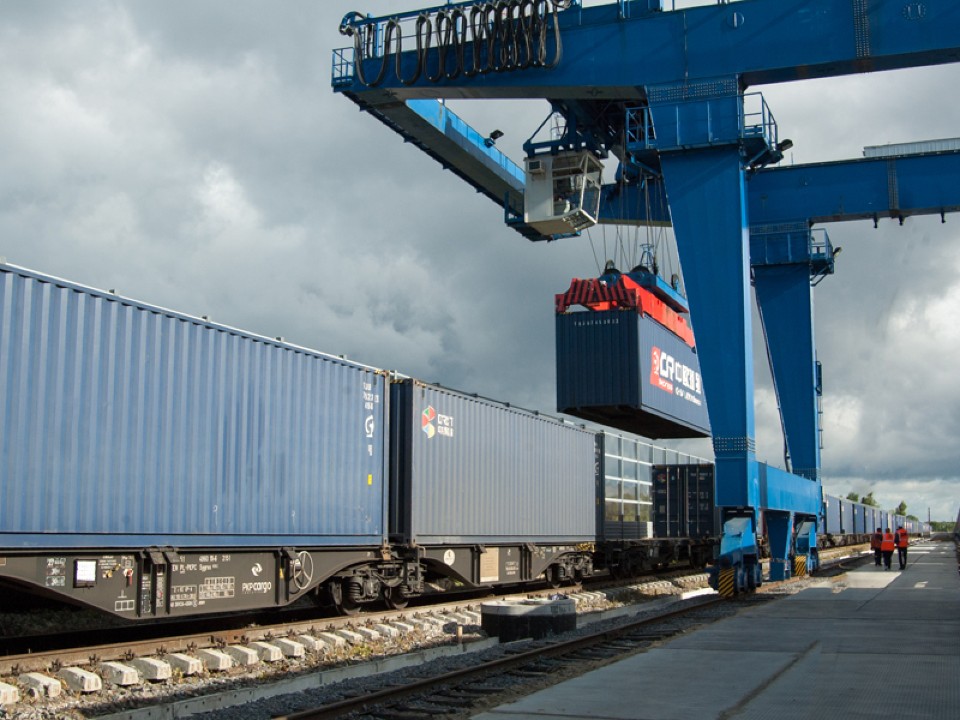Kaliningrad stranded after Lithuania partially cuts down rail cargo transit

Lithuania banned the transit of sanctioned products on trains to and from Kaliningrad. The ban has been in effect since Saturday, 17 June. Western sanctions on Russia are behind this decision, which only affects sanctioned products. However, it will impact the number of trains between Lithuania and Kaliningrad. “The ban will impact around 50 per cent of Kaliningrad’s imports”, commented Anton Alikhanov, the Russian exclave’s governor.
Do you want to read the full article?
Thank you for visiting RailFreight.com. Become a member of RailFreight Premium and get full access to all our premium content.
Are you already a member?
Having problems logging in? Call +31(0)10 280 1000 or send an email to customerdesk@promedia.nl.




